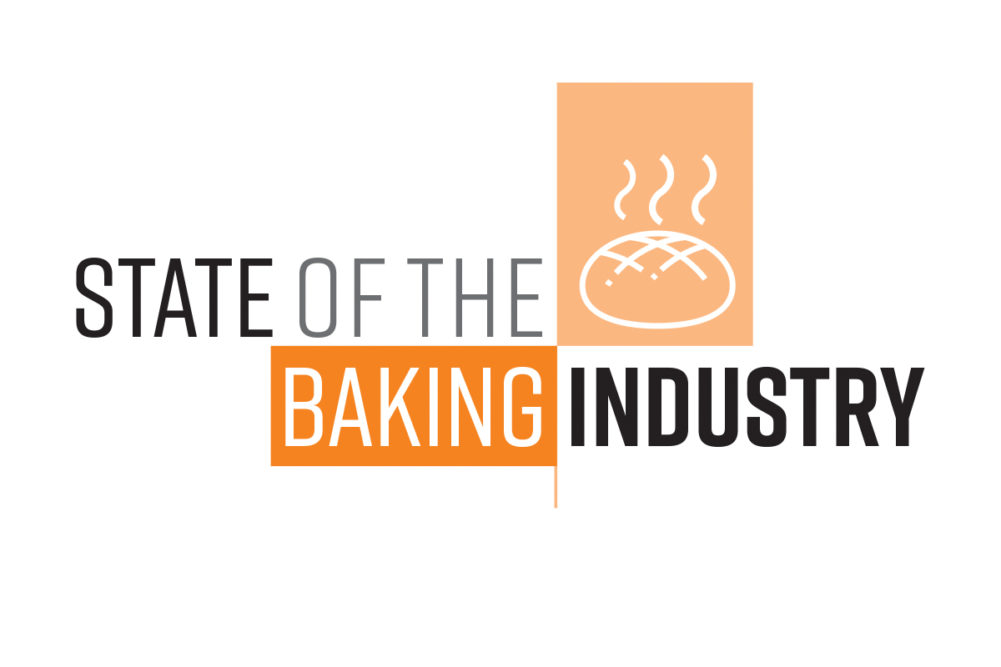The baking industry’s embrace of automation kicked into high gear in the second half of 2020 and has accelerated into 2022. The increased interest was driven at first by a need to meet unprecedented demand for baked goods on supermarket shelves. More recently, increased automation is badly needed by bakers struggling to find enough workers to run their production lines.
Sosland Publishing Co.’s 2022 State of the Industrial Baking Industry study, conducted by Cypress Research, found that 53% of respondents who represent baking companies of all sizes experienced a lack of sufficient workforce to meet production demands. The tight labor situation has negatively affected business in many ways: 49% of respondents reported a negative impact to the timeliness of production, 34% noted they were unable to take on new business, and 58% reported that existing employees have had to work significantly more hours to meet demand.
Supply chain disruptions are also putting immense pressure on bakeries. Sixty-two percent of respondents said they’ve experienced delays in receiving key inputs to the production process, while 53% reported transportation or logistics issues. When asked if supply chain bottlenecks have negatively impacted the production outlook, 82% of respondents said yes. Zeroing in on responses from baking companies generating at least $500 million in annual sales, that percentage rose to 87%.
These challenges come against a backdrop of operating rates (or capacity utilization) that remain high: Overall, survey respondents estimated their operating rates to be at 78.3%. For companies with $500 million or more in annual sales, that estimate jumped to 89.9%. Baking companies are trying to produce an increasing amount of baked goods against a climate of a labor shortage and persistent supply chain challenges.
What I took away from the study, though, was the incredible resiliency the baking industry has shown. Despite 79% of baking companies reporting overall costs to be up and the supply chain and labor disruptions, company and industry outlook is strong. Eighty-nine percent of respondents said their company outlook is either somewhat positive or very positive in 2022. That remains strong at 90% when looking ahead to 2023. When asked about the US commercial baking industry, 92% of baker respondents said they are somewhat or very positive about 2023. Even with the uncertainty facing the global market, 79% of survey respondents have a positive outlook on the global commercial baking industry for 2023.
This optimism is likely spurred by solutions in play to these issues, and hope is on the horizon. When it comes to supply chain, nearly a third of survey respondents expect the disruptions to subside in the first half of 2023. To address employment gaps and other issues, US baking companies have largely turned to advancements in technology. Sixty-one percent of survey respondents reported that increasing automation was their plan to address the skills shortage they felt. This response was second only to increasing wages.
Despite the headwinds, the sun is shining on the baking industry.




